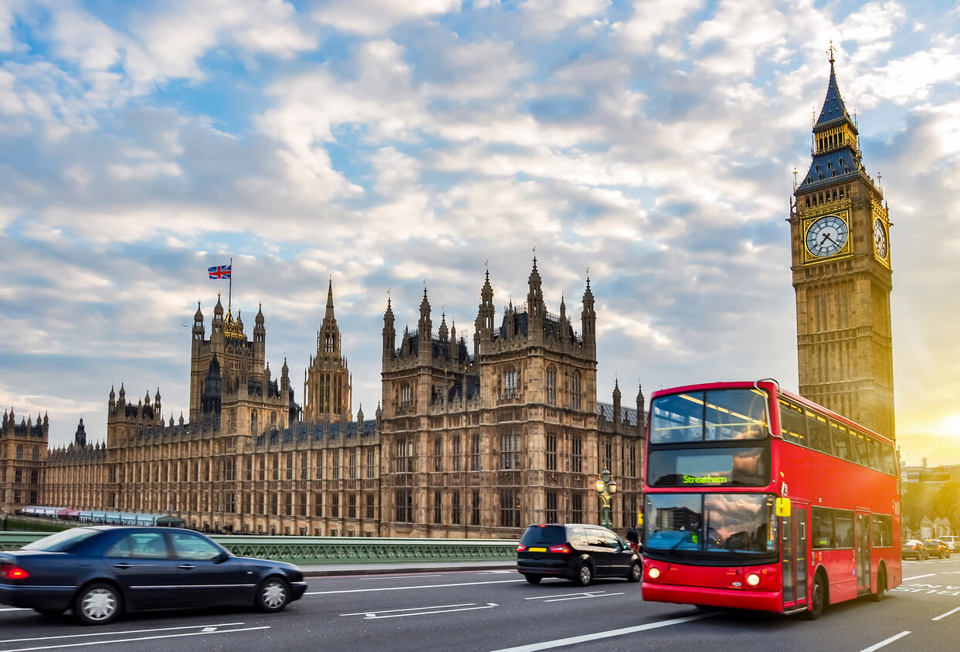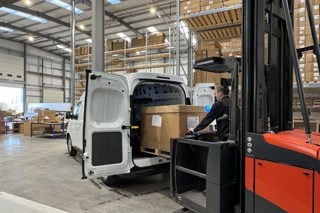The fleet industry is asking for more clarity on the direction of travel for the future of company car taxation in the Spring Statement on March 13.
Chancellor Philip Hammond will make a statement on the health of the UK’s economy, but unlike The Budget, which is now in the autumn, there won’t be immediate tax changes or spending announcements.
However, John Pryor, ACFO chairman, said the Spring Statement still offers the opportunity for Government to give businesses more clarity on the future direction of vehicle taxation.
Pryor told Fleet News: “It is unfair to expect company car drivers to enter into three or four year agreements without knowing how they will be taxed in future.
“Furthermore this does not help the Government’s desire to increase take up of hybrid and electric - both as company cars, which then filter through into the used car market, or as personal contract hire style arrangements.”
Matthew Walters, head of consultancy and customer data services at LeasePlan UK, said that, while he didn't expect any big announcements, the Chancellor should announce the company car tax rates for 2021-22, and preferably for 2022-23 as well.
Walters told Fleet News: “With many employees entering into 48-month leases that will stretch into those years, they need to know these rates as soon as possible.
“Having failed to reveal these rates in the last few Budgets, the Chancellor must not now leave us waiting until November.”
The British Vehicle Rental and Leasing Association (BVRLA) is also hoping the Spring Statement will also provide “greater consistency, fairness and stability in the way Government taxes the vehicle rental and leasing sector”.
Gerry Keaney, BVRLA chief executive, said: “We would like policymakers to work with our sector in setting out a long-term roadmap with a managed transition to a zero-emission motoring and a sustainable vehicle taxation regime.
“This is essential as we prepare for a steady decline in fuel duty and VED revenues.”
The Government has said having The Budget as the sole tax and spending announcement is a way for it to allow businesses to have more stability to plan for the future.
The Autumn Statement 2017 revealed big changes for the fleet industry, including a rise in the existing company car benefit-in-kind tax supplement from 3% to 4%, as well as a Vehicle Excise Duty (VED) supplement for new diesel cars first registered from April 1, 2018. The First Year Rate will be calculated as if cars were in the VED band above.
A spokesman for the Treasury has told Fleet News ahead of the Spring Statement to only expect a 15 minute speech that will consist of responses to economic forecasts from the Office for Budget Responsibility.
The Government has also said it will not be inviting submissions from businesses to the Treasury setting out their needs for 2018.
At the Autumn Budget last year, a number of consultations were announced, with a number expected in ‘Spring 2018’. While the dates have not yet been confirmed, accountancy firm KPMG has said the results of some of these may be released on 13 March.
This release of some of the expected consultations, while not part of the Spring Statement, would tie in with the Government’s previously stated intention to give as long a lead time on new tax consultations as possible before changes are made at Budget time.
Ashley Barnett, Lex Autolease head of fleet consultancy, said that while there won’t be any tax announcements, he is hoping for more detail on Ultra Low Emission Vehicles (ULEV).
He said: “Any signal there might be some future increase in the tax incentives for ULEVs ahead of 2020 would be welcomed by businesses.
“The cost of these vehicles can make them too expensive for some, so this would give fleets the encouragement and certainty to commit to a vehicle policy weighted towards ULEVs.”
Barnett said Lex is fully behind the Government’s commitment to drive greater green fuel technology, but new diesel and petrol vehicles will remain the most practical engine choice for the majority of UK companies in the short to medium-term.
He said a continued freeze on fuel duty would come as welcome relief to those UK businesses for whom ULEVs are still some way off.
He added: “We would also like to see more clarity around the implementation of the Worldwide Harmonised Light Vehicle Testing Procedure (WLTP).
“We know that under WLTP testing a vehicle’s recorded CO2 emissions are likely to increase, including emissions of plug-in hybrids, so the industry is in real need of more guidance around how this new procedure will work in practice and how it will affect company car tax.”
Walters also said that if, as expected, borrowing figures come in lower than previously forecast, Hammond should consider using any extra money to further improve in the nation’s charging infrastructure.
He said: “More and more drivers and fleets are turning to electric vehicles, and that’s a welcome trend that should be encouraged. However, more investment is required to ensure that all motorists have access to charge points.”
Walters also wants to hear more detail on the £220 million ‘Clean Air Fund’ that the Chancellor established in his autumn budget. The consultation on this closed at the beginning of January, but the Government has not revealed how this money will be spent.
Walters concluded: “Drivers everywhere will welcome clarity on what new measures will be introduced to support the shift to cleaner, greener motoring. LeasePlan will also welcome clarity around this so we can support our customers with what’s next in low emission vehicles.”





















Login to comment
Comments
No comments have been made yet.